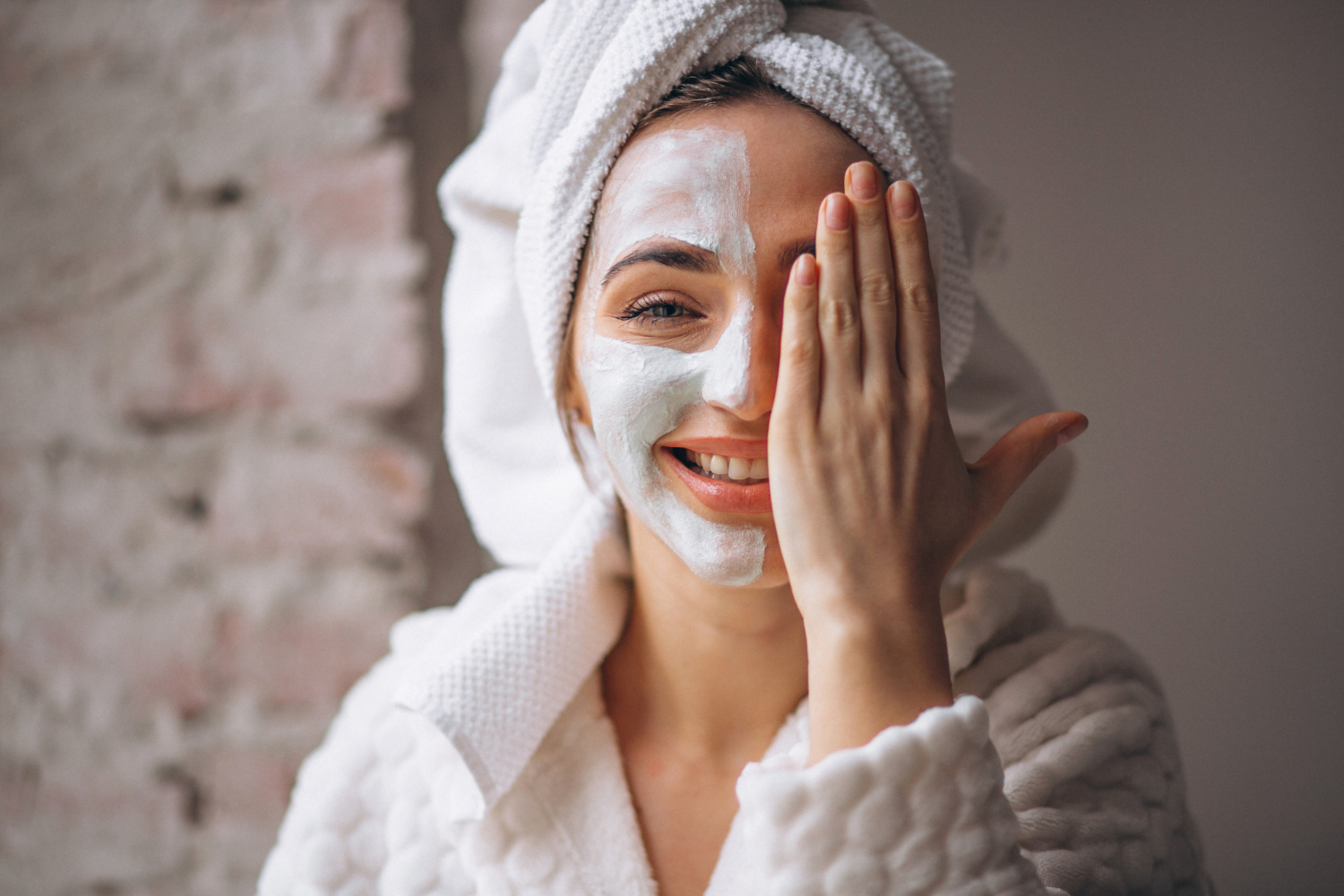
Did you get a good
night’s sleep last night? What about the night before? Sleep is essential for
everyone, but we might argue that it’s especially important for women. Why?
Because the bulk of your body’s hormone production and regulation occurs while you
sleep.
Why Is Sleep So Important
for Women?
We all feel the
difference between a good and bad night’s sleep. That’s because sleep is
essential for:
Resting and rejuvenating
the body
Feeling alert and
energized
Metabolic function
Healthy immune function
Regulating emotions and
moods
And more!
If you experience
insomnia, interrupted sleep, restless leg syndrome, or other disruptive sleep
issues, you are at higher risk for both physical and mental health issues.
In most cases, you need
between seven and nine hours of sleep every night – whether you know it or not.
Sure, many people brag about getting by on six or fewer hours, but “getting by”
is not the same as thriving.
5 Tips to Improve Sleep
Habits
The first step to
improving sleep habits is knowing you aren’t getting a restful night’s sleep.
Some people feel like they sleep all night. Still, conditions like sleep apnea
or (peri)menopausal night sweats prevent the extended periods of “deep sleep
cycles” necessary for proper rest, detoxing, and healing.
Some signs you aren’t
getting the high-quality sleep you need to include:
·
Your partner mentions you’re restless or
your legs are jerking in your sleep
·
Waking up with a chronically dry mouth or
a dry throat
·
Snoring or heavy (audible) breathing
·
Feeling tired or depleted when you wake up
in the morning
·
Waking up more than twice per night to
urinate (possibly due to frequent urination)
·
Falling asleep (or feeling like you could)
during the daytime hours
If any of these apply to
you, get to the bottom of the issue. Start by following these healthy sleepy
hygiene tips. If they aren’t effective, speak to your physician or your OB/GYN
so they can look further into why you aren’t able to get a good night’s sleep.
1. Maintain consistent
sleep and wake times
This isn’t always that
easy. If you have younger children, it may feel like those nighttime hours are
the only precious “self-time” you get in a day. That said, if you’re staying
awake even after you feel tired, you’re compromising the quality of your sleep
time.
Start maintaining
consistent sleep and wake times seven days a week. This is the best way to
restart your circadian rhythm. If you’re serious about it, we recommend giving
up television and screens for two full weeks (14 days) after sunset.
When you feel tired, go
to bed (even if it feels ridiculously early). When you wake up in the morning,
get out of bed (even if it is before you need to). Do this every day for 14
days, and by the end, your sleep and wake times will “find” their natural place
in your circadian rhythm, helping you to establish sleep/wake time for the
future.
2. Get some type of
physical exercise every day
Many of us spend our
workdays in sedentary jobs, which means our brains are tired, but our bodies
may have extra energy. Get at least some exercise in each day via walking the
dog, doing laps while kids are at athletic practice, parking far away and
walking quickly to the buildings on your daily route, hiking or biking on the
weekends, taking an exercise class, having dance parties with the kids, etc.
In addition to helping
you sleep at night, your regular exercise routine benefits your physical,
mental, and emotional health.
3. Avoid stimulants after
noon
It’s not uncommon to
develop a heightened sensitivity to stimulants as we age, directly impacting
sleep quality. So, while you may have been able to drink coffee or tea all day
and night in your 20s or early 30s, odds are your body is more sensitive to
caffeine and other stimulants than you realize.
Weed out stimulants after
noon or 1:00 p.m., and odds are the quality of your sleep will improve.
Examples of stimulants include:
● Caffeine (including
chocolate)
● Sugar and refined
carbohydrates
● Alcohol (yes, it may
make you drowsy initially, but the blood sugar imbalance leads to heart
palpitations and interrupted sleep)
● Nicotine
● Electronic devices
(yes! This is a stimulant, too. See next…)
4. Commit to screen-free
time for at least 30 minutes before bed
Melatonin is one of the
sleep hormones released by the body in response to the sunrise/sunset cycle.
Artificial light negatively impacts melatonin production because the brain
associates almost any light with sunlight. Unfortunately, this includes the
blue light emitted by the TV, phones, and other electronic gadgets.
● Commit to at least 30
minutes of screen-free time before bed to let your brain unwind and benefit
from natural, adequate melatonin production. Other tips to minimize light
exposure as you relax and drift off to sleep include:
● Changing all nighttime
lighting to the red-light spectrum
● Using heavy window
coverings to block ambient light
● Putting tape or other
light-blocking material over any blinking or permanent lights in the bedroom
(like TVs, printers, chargers, digital alarm clock, etc.
● Keep your cell phones
OUT of the bedroom to avoid the temptation to “check one more thing….”
 Healthy Sleep Habits for Women
Healthy Sleep Habits for Women
As new parents, we are sure it’s pretty exciting and yet challenging to handle your bundle of joy.
Did you get a good night’s sleep last night? What about the night before?
Copyright @ Designed & Developed By SaraSoftware